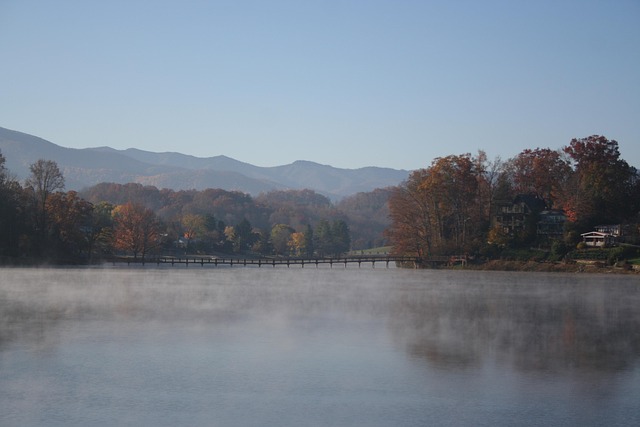North Carolina residents can combat spam calls by educating themselves about scams, using call-blocking tools, enrolling in the National Do Not Call Registry, and sharing contact info cautiously. Forest City, NC employs a multi-strategy approach including education, reporting, advanced call filtering, and advocacy for stronger regulations to protect citizens from fraudulent phone calls (How to Stop Spam Calls North Carolina).
In the battle against relentless fraud calls, Forest City is making strides. North Carolina residents face a mounting problem with spam calls, but Forest City is leading the charge with innovative solutions. This article explores the scope of the issue and delves into effective strategies to stop these nuisance calls. By examining Forest City’s comprehensive approach, we uncover a powerful model for combating fraud calls in North Carolina and beyond. Learn how residents can reclaim their communication channels and protect themselves from unwanted intrusions.
Understanding the Fraud Call Problem in North Carolina

North Carolina residents often find themselves on the receiving end of unwanted and fraudulent phone calls, a pervasive issue known as spam calling. This problem has reached epidemic proportions, with millions of suspicious calls flooding the state’s networks daily. The impact is significant, causing not only frustration among citizens but also disrupting the peace and safety of their homes.
Spam calls can be difficult to trace and stop due to their volume and evolving tactics. Scammers use automated systems to make countless calls, making it challenging for traditional blocking methods to keep up. However, with the right tools and awareness, North Carolina’s residents can take proactive measures. By educating themselves on common scamming techniques and utilizing reliable call-blocking apps or services, they can significantly reduce the number of spam calls received. How to stop spam calls in North Carolina starts with empowering individuals to protect their privacy and peace of mind.
Effective Strategies to Stop Spam Calls

Forest City, North Carolina, residents are increasingly fed up with unwanted spam calls, but there are effective strategies in place to combat this growing nuisance. One of the most robust methods is enrolling in the National Do Not Call Registry. This federal database prohibits telemarketers from calling numbers listed on it, providing a significant layer of protection for North Carolina residents. It’s a simple yet powerful step that every household should take.
Additionally, many phone service providers offer advanced call-blocking features tailored to filter out spam calls. These services use artificial intelligence to recognize and block unwanted numbers automatically. By combining these measures with cautious sharing of personal contact information, Forest City folks can significantly reduce the volume of spam calls they receive, enhancing their overall communication experience.
Forest City's Comprehensive Approach to Combat Fraud

Forest City, a bustling metropolis in North Carolina, has embarked on an ambitious mission to combat fraudulent phone calls plaguing its residents. The city’s comprehensive approach involves several strategic steps to effectively stop spam calls. Firstly, they’ve implemented robust consumer education programs to empower citizens with knowledge about identifying and reporting suspicious calls. Additionally, the local authorities have established a dedicated hotline where individuals can report fraud-related activities, enabling swift action against offenders.
The city has also collaborated with telecommunications providers to enhance call filtering and blocking technologies. By leveraging advanced algorithms and machine learning, these systems can detect and block spam calls at the network level, providing an extra layer of protection for residents. Moreover, Forest City is advocating for stricter regulations and legislation to hold fraudulent callers accountable, ensuring that such activities become a thing of the past in this vibrant community.






